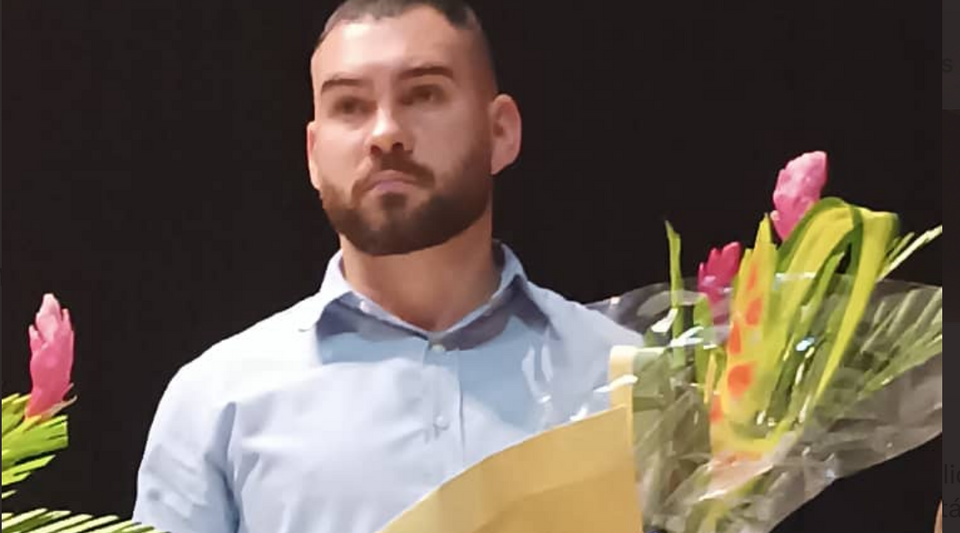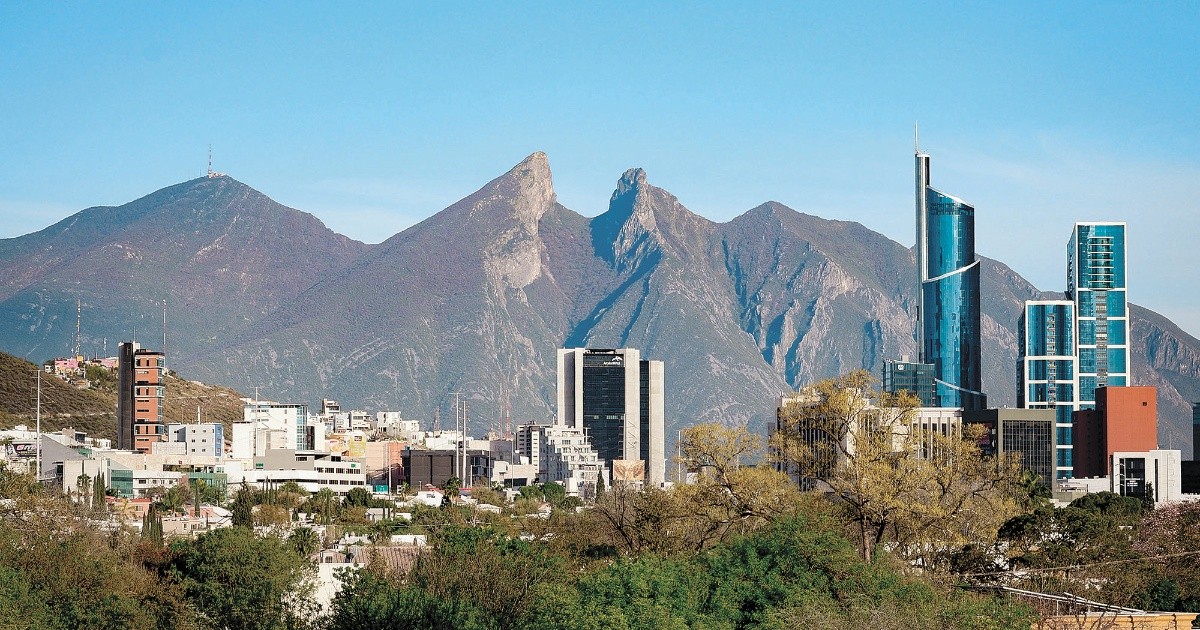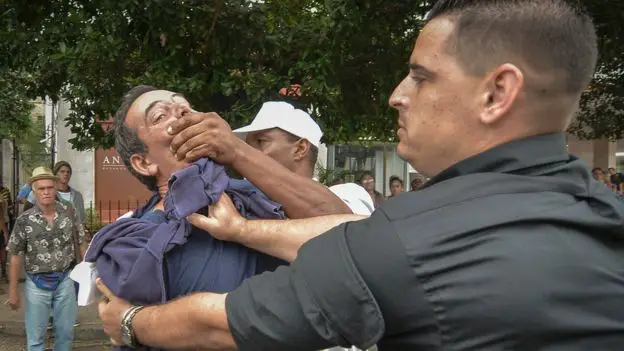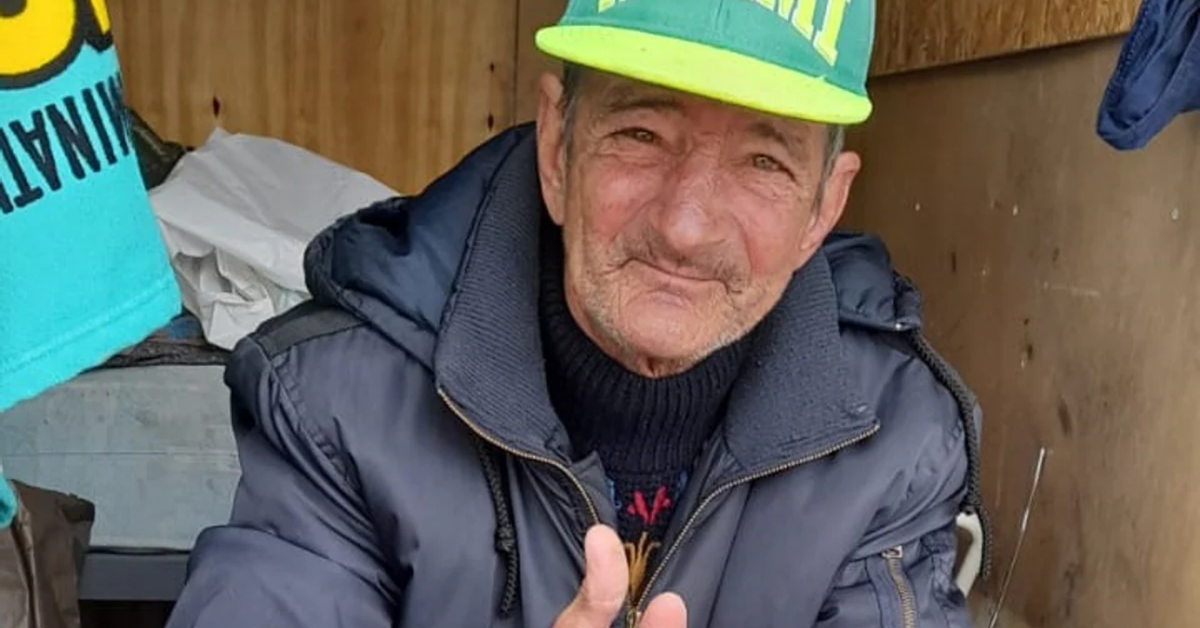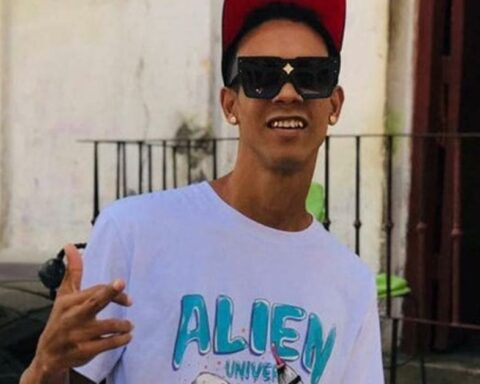(EFE) general next March.
The nomination of Raúl Castro took place in the municipal assembly of II Frente, territory of the eastern province of Santiago de Cuba, and Díaz-Canel was elected to the next legislature of the ANPP by the municipality of Santa Clara.
The municipal assemblies of People’s Power held extraordinary sessions this Sunday in the 168 territories of the Island to nominate candidates for deputies
The municipal assemblies of People’s Power held extraordinary sessions this Sunday in the 168 territories of the Island to nominate candidates for deputies.
Of these, 221 are base delegates, 135 of provincial descent and 114 nationals, at the rate of one deputy for every 30,000 inhabitants, according to the National Candidacy Commission.
Among the candidates to integrate the supreme body of Cuban State power are also the Prime Minister, Manuel Marrero, the current head of Parliament, Esteban Lazo, and Elián González, known as the little rafterafter surviving a shipwreck of illegal migrants in 1999 and becoming the center of a bitter dispute between Cuba and the US over their return to the island.
To integrate the electoral list, each one of those proposed for candidate for deputy had to obtain this Sunday more than 50% of the votes of the delegates of the municipal assemblies, as previously explained by the president of the National Candidacy Commission, María Consuelo Baeza.
It also indicated that 55.3% of the candidates are women, 45.5% black and mestizo, with an average age of 46 years.
The Assembly will, in turn, be in charge of electing the President of the Republic, a position to which Díaz-Canel can run for a second term of five years, as established in the Constitution.
Baeza also pointed out that for the next legislature Parliament will be renewed by 63% and will have deputies with fewer administrative positions, and more linked to production and services.
The proposals of candidates for deputies to the ANPP were prepared by candidacy commissions – made up of official civil society organizations such as the Committees for the Defense of the Revolution (CDR), the Federation of Cuban Women (FMC), the Student Federations high school (FEEM) and university (FEU), the National Association of Small Farmers (ANAP) and the Central de Trabajadores de Cuba (CTC).
The Council of State called for the next March 26 the general elections to renew the ANPP, which will be reduced from 601 parliamentarians to 470.
The Assembly will, in turn, be in charge of electing the President of the Republic, a position to which Díaz-Canel can run for a second term of five years, as established in the Constitution.
________________________
Collaborate with our work:
The team of 14ymedio He is committed to doing serious journalism that reflects the reality of deep Cuba. Thank you for accompanying us on this long road. We invite you to continue supporting us, but this time becoming a member of our newspaper. Together we can continue transforming journalism in Cuba.

